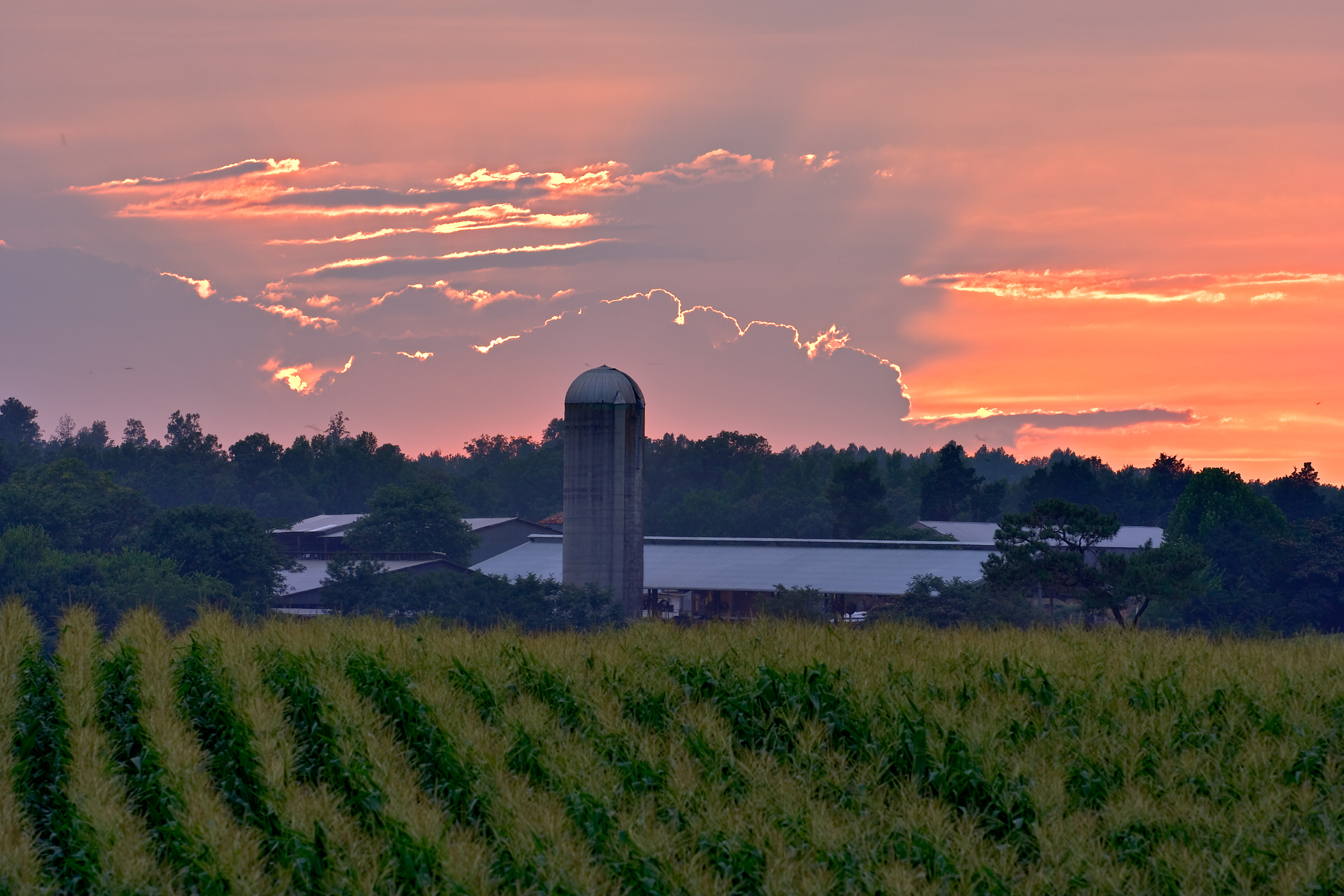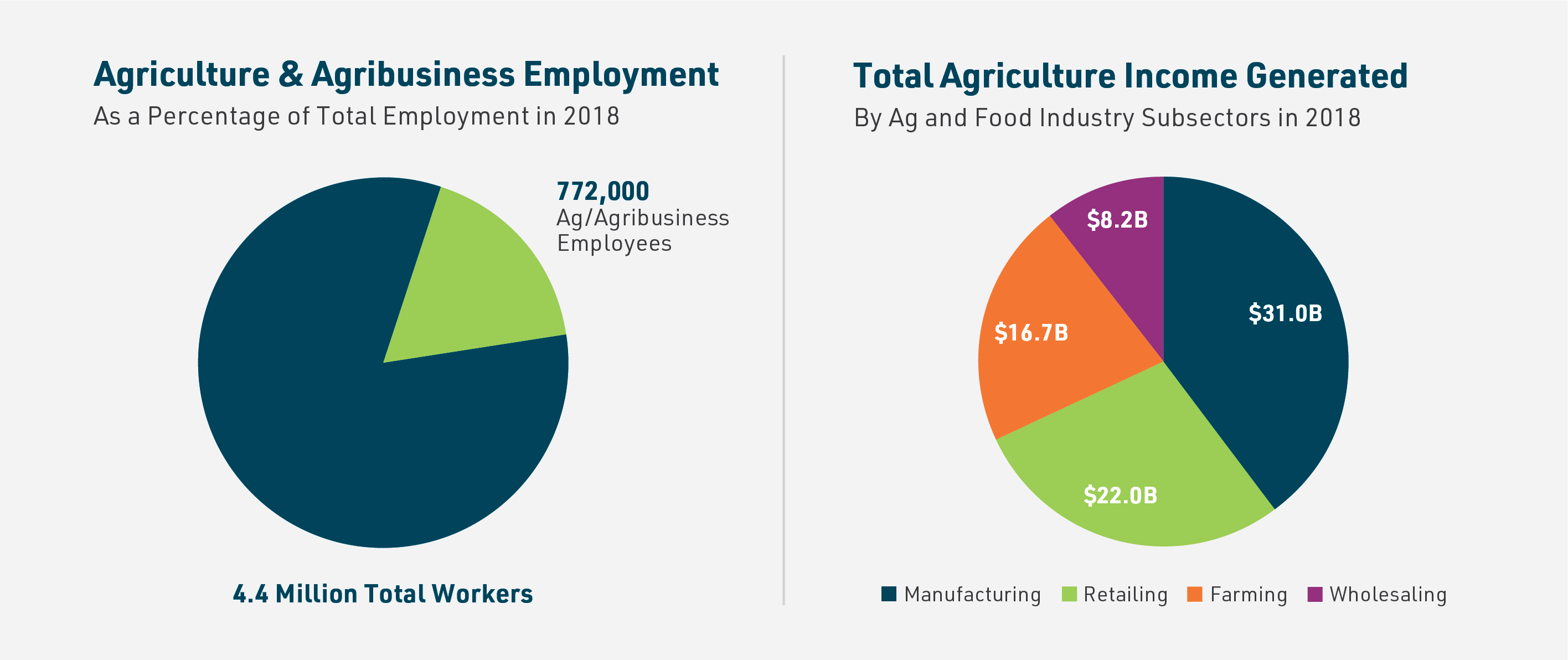New Industry Snapshot Spotlights Importance of Agriculture and Agribusiness for North Carolina

With COVID-19 dominating headlines, we wanted to share a piece of news you might have missed that underscores the importance of agriculture and agribusiness for our state’s economy. As Dee Shore with NC State’s College of Agriculture and Life Sciences reports in this article, a new industry snapshot compiled by NC State economist Mike Walden shows that, in 2018, the food, fiber, and forestry industries contributed more than 16 percent ($92.7 billion) of North Carolina’s gross state product.
According to Walden, that number sets a record for total income generated by our state’s agriculture and agribusiness sectors, demonstrating just how vital food, fiber, and forestry are to the fabric of North Carolina. The report also shows that agriculture and agribusinesses provided about 772,000 jobs in 2018, or about one-sixth of our state’s total workforce.

In the article linked above, Walden, a William Neal Reynolds Distinguished Professor in NC State’s Department of Agricultural and Resource Economics, explains that his numbers reflect not just the work of farmers – “What farmers do,” as he says – but also value-added impacts along the agriculture supply chain. The numbers do not account for impacts from COVID-19, however, since it takes Walden several years to prepare his analysis from a variety of sources. He expects to see a noticeable decline in these numbers – due in part to the setbacks affecting the food processing sector early in the pandemic – when he compiles the report capturing this year’s numbers in 2022.
Despite the projected dip in these numbers due to COVID-19, Walden’s report provides strong evidence that we have done well to position our state’s number-one industry to compete with other leading agricultural states. As the situation continues to improve for many farmers and agribusinesses, and with job creators from all industries working together to relaunch North Carolina, we have every reason to expect our state’s agribusinesses to continue making essential contributions in the years ahead.